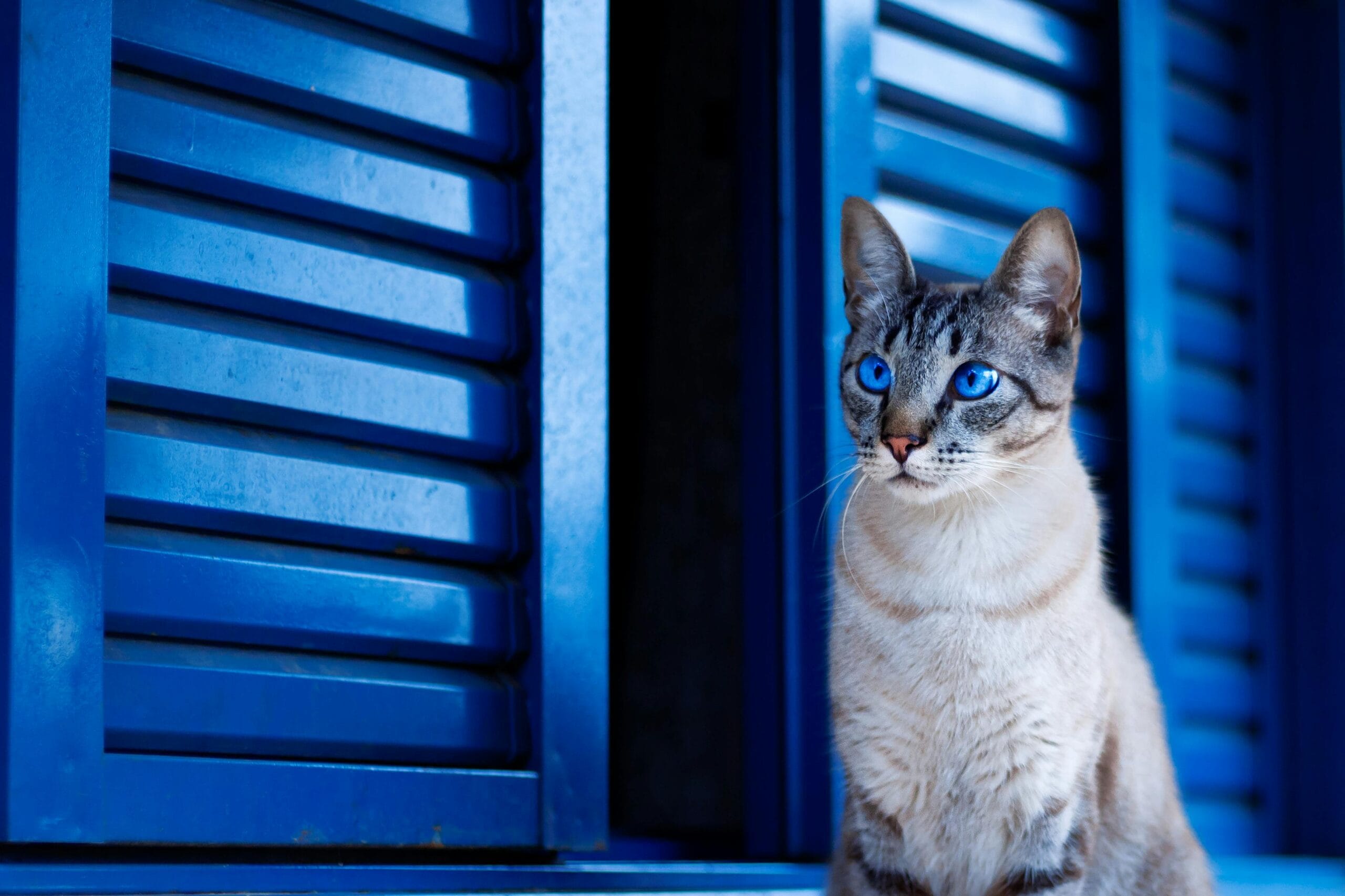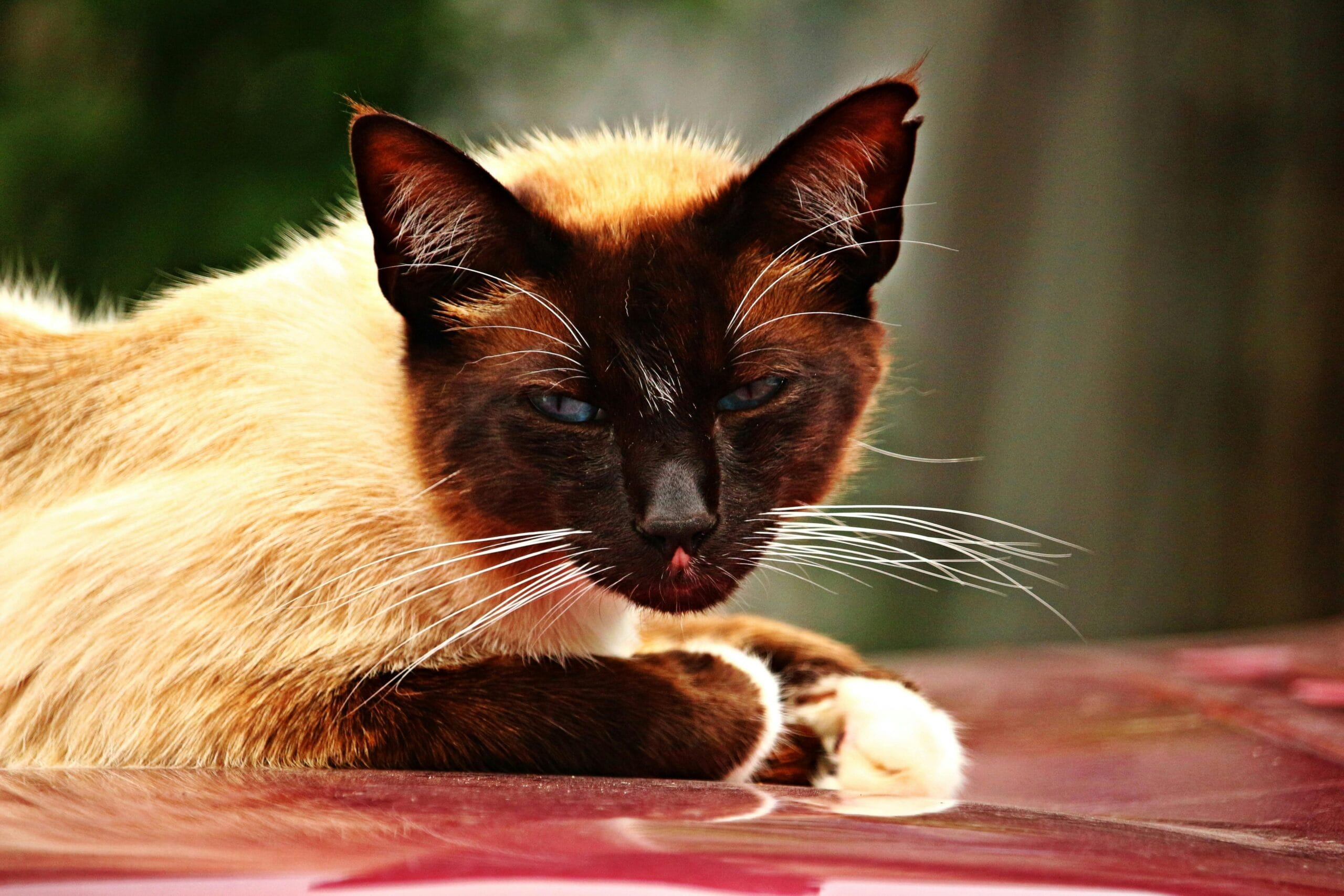Can Cats Eat French Fries ?

Can Cats Eat French Fries? Find out if Cats and French Fries mix! Are French Fries bad for Cats? Discover the truth about feline diets and this tempting treat. Learn now!
Can Cats Eat French Fries? A Comprehensive Guide for Cat Owners
The irresistible aroma of freshly fried potatoes can be tempting, even for our feline friends. But the question remains: Can cats eat French fries? The short answer is no, and in this comprehensive guide, we’ll explore why French fries are not a suitable treat for your beloved cat, delving into the potential dangers of cats and French fries and answering the crucial question: Are French fries bad for cats?
Why French Fries Are a No-No for Cats
While the occasional nibble might seem harmless, feeding your cat French fries regularly or in large quantities can have detrimental health consequences. The primary reason lies in the ingredients and preparation methods involved in making French fries. Let’s break down the specific risks:
High Fat Content: A Major Culprit
French fries are notoriously high in fat, primarily saturated and unhealthy trans fats. Cats, unlike humans, cannot efficiently metabolize large amounts of fat. Consuming excessive fat can lead to pancreatitis, a severe and potentially life-threatening inflammation of the pancreas. This condition can cause vomiting, diarrhea, lethargy, and abdominal pain. The high fat content in French fries can easily trigger this condition in cats, especially if given frequently.
High Sodium Content: Another Risk Factor
French fries are usually loaded with salt, and this high sodium content poses another significant risk to your cat’s health. Excess sodium can lead to dehydration, electrolyte imbalances, and even sodium ion poisoning. These imbalances can severely impact your cat’s kidneys and cardiovascular system, leading to long-term health problems. Cats are much more sensitive to sodium than humans, making even small amounts of salty foods potentially harmful.
Cooking Oils and Additives: Hidden Dangers
The type of oil used to fry the potatoes and any added seasonings or preservatives can also contribute to health issues. Some cooking oils are difficult for cats to digest and may cause digestive upset. Additionally, many commercially prepared French fries contain artificial colors, flavors, and preservatives, which can be toxic to cats. The American Society for the Prevention of Cruelty to Animals (ASPCA) provides a comprehensive list of toxic substances for pets, highlighting the importance of carefully monitoring what your pets consume.
Digestive Upset and Other Symptoms
Even without causing severe conditions like pancreatitis, consuming French fries can cause mild to moderate digestive upset in cats. This can manifest as vomiting, diarrhea, bloating, or loss of appetite. These symptoms, while often transient, are still unpleasant for your cat and indicate that the food is not suitable for their digestive system. Persistent digestive issues can lead to dehydration and malnutrition if left unaddressed.
Are French Fries Bad for Cats? The Definitive Answer
Considering the potential risks outlined above, the answer is a resounding yes: French fries are bad for cats. They offer no nutritional value and present numerous health hazards. The high fat, sodium, and potentially harmful additives make them a dangerous treat that should be avoided entirely. While a tiny, accidental nibble might not cause immediate harm, making it a habit poses significant risks to your cat’s long-term health and well-being. Remember, preventing such situations is always better than dealing with potential health complications later.
Safe and Healthy Alternatives for Your Cat
Instead of offering your cat French fries, provide them with healthy and nutritious alternatives. A balanced diet specifically formulated for cats is crucial. You can consult your veterinarian for recommendations on appropriate cat food and treats. High-quality commercial cat food often provides all the necessary nutrients, vitamins, and minerals your cat needs to thrive.
Consider offering cat-friendly treats such as small pieces of cooked chicken or fish (without bones or seasonings), or commercially available cat treats specifically designed for feline consumption. Always check the ingredients and ensure they are free from harmful additives or ingredients. The Veterinary Information Network (VIN) offers valuable resources to help pet owners make informed decisions regarding their pet’s health and nutrition.
Understanding Your Cat’s Needs
Cats have unique dietary needs compared to humans. Understanding these needs is essential for providing them with a healthy and happy life. Avoiding human foods like French fries, chocolate, onions, garlic, and grapes is vital for their health. Always err on the side of caution and consult your veterinarian if you are unsure about the safety of any food for your cat.
It’s crucial to remember that your cat’s health is paramount. While we may find certain foods tempting to share, we must prioritize their well-being and make informed decisions about their diet. Providing a balanced diet, regular exercise, and regular veterinary checkups contribute significantly to a cat’s long and healthy life.
Long-Term Effects of Feeding Cats French Fries
The consequences of consistently giving cats French fries extend beyond immediate digestive upsets. Chronic exposure to high fat and sodium levels can lead to serious long-term health issues such as obesity, diabetes, heart disease, and kidney problems. These conditions can significantly reduce your cat’s lifespan and quality of life, making the temporary enjoyment of a human food extremely detrimental. The University of California, Davis, School of Veterinary Medicine offers excellent resources and information on feline health and nutrition.
Conclusion: Prioritizing Your Cat’s Well-being
Ultimately, the question of Can cats eat French fries should be answered with a decisive “no.” Cats and French fries are a dangerous combination, leading to immediate and long-term health problems. The risks significantly outweigh any potential benefits, and prioritising your cat’s well-being should always be the top priority. Choosing healthy, cat-specific foods is essential for ensuring your feline companion lives a long, healthy, and happy life.
Have You Had Experiences with Cats and French Fries?
We’d love to hear about your experiences with your cats and their encounters (or lack thereof!) with French fries. Share your stories and advice in the comments below. Let’s build a community of cat lovers who are committed to making informed decisions about their feline companions’ diets. Use relevant keywords like “Can cats eat French fries,” “Cats and French fries,” and “Are French fries bad for cats” in your comments to help other cat owners find this information quickly and easily!

10 FAQs: Can Cats Eat French Fries?
1. Can cats eat french fries?
No, cats should not eat french fries. While a tiny bite might not cause immediate harm, french fries are generally bad for cats. The question “Can Cats Eat French Fries?” is frequently asked because they are a common human food. The answer, however, is a resounding no.
2. Are french fries bad for cats?
Yes, french fries are bad for cats for several reasons. They are high in fat, salt, and often contain spices that are toxic to cats. The high fat content can lead to pancreatitis, while excessive salt can cause dehydration and electrolyte imbalances. Considering “Cats and French Fries”, the combination is simply unhealthy.
3. What happens if my cat eats a french fry?
A small amount of french fry likely won’t cause serious harm, but it’s best to monitor your cat for any signs of upset stomach, such as vomiting or diarrhea. If your cat eats a significant quantity, or shows signs of distress, contact your veterinarian immediately.
4. Are there any french fries safe for cats?
No, there are no french fries that are safe for cats to eat regularly. Even homemade fries without added salt or spices are still high in fat and unsuitable for their digestive system. “Cats and French Fries” should never be considered a suitable food combination.
5. My cat loves the smell of french fries. Is that a problem?
The smell is not inherently a problem, but it doesn’t mean your cat should eat them. The strong aroma might just be appealing to their sense of smell. It’s crucial to keep french fries out of reach to avoid accidental ingestion.
6. What are the health risks of Cats and French Fries?
The health risks associated with “Cats and French Fries” are significant. These include pancreatitis (inflammation of the pancreas), obesity, dehydration from high salt intake, and digestive upset. Spices in some fries can also be toxic.
7. My cat ate a whole french fry! Should I be worried?
While a single french fry is less likely to cause major problems, it’s still advisable to monitor your cat for any symptoms. If you’re concerned, contact your vet. The ingestion of large quantities is a cause for greater concern.
8. Are sweet potato fries better for cats than regular fries?
No, sweet potato fries are still high in carbohydrates and calories, and aren’t a suitable food for cats. While they might seem healthier than regular fries, they are still not part of a cat’s balanced diet.
9. Can french fries be part of a cat’s treat?
Absolutely not. French fries should never be considered a treat for cats. There are many safe and healthy cat treats available commercially.
10. How can I prevent my cat from eating french fries?
Keep french fries and other human food out of your cat’s reach. Train your cat to avoid counter surfing, and ensure proper food storage. If your cat shows an intense interest in your fries, redirect their attention with an appropriate toy or treat. Remember, “Are French Fries Bad for Cats?” – the answer is a definitive yes.

Can Cats Eat French Fries? A Vet’s Guide
The short answer is: no, cats should not eat French fries. While a tiny, accidental nibble likely won’t cause major harm, regular consumption or large amounts can lead to several health problems.
Health Risks of French Fries for Cats
French fries are loaded with ingredients detrimental to feline health:
- High Fat Content: Fries are extremely high in fat, leading to pancreatitis (inflammation of the pancreas), obesity, and other digestive issues. This is especially dangerous for kittens and senior cats.
- High Sodium Content: Excessive salt intake can cause sodium ion poisoning, leading to vomiting, diarrhea, and dehydration. This can be particularly serious for cats with pre-existing kidney conditions.
- Carbs and Starches: Cats are obligate carnivores; their digestive systems aren’t designed to process large amounts of carbohydrates. This can lead to digestive upset and weight gain.
- Potential Additives & Seasonings: Many fries contain additives, preservatives, and seasonings (like garlic and onion powder) that are toxic to cats. Even small amounts can cause anemia.
- Cooking Oils: The type of oil used to fry the potatoes can also be a factor. Some oils are harder to digest and can cause digestive problems. The high temperature cooking process can also create harmful compounds.
What to Do if Your Cat Eats French Fries
If your cat has eaten a small amount of French fries, monitor them closely for any signs of digestive upset such as vomiting, diarrhea, or lethargy. If you notice any concerning symptoms, contact your veterinarian immediately.
Better Alternatives for Cat Treats
Cats need a balanced diet consisting primarily of high-quality protein. Offer your cat appropriate cat treats that are specifically formulated to meet their nutritional needs. Consult your vet before introducing any new foods into your cat’s diet.
SEO Keywords:
cat food, french fries cats, can cats eat french fries, cats and french fries, are french fries bad for cats, cat health, cat treats, feline diet, cat food safety, sodium poisoning in cats, pancreatitis in cats, obesity in cats